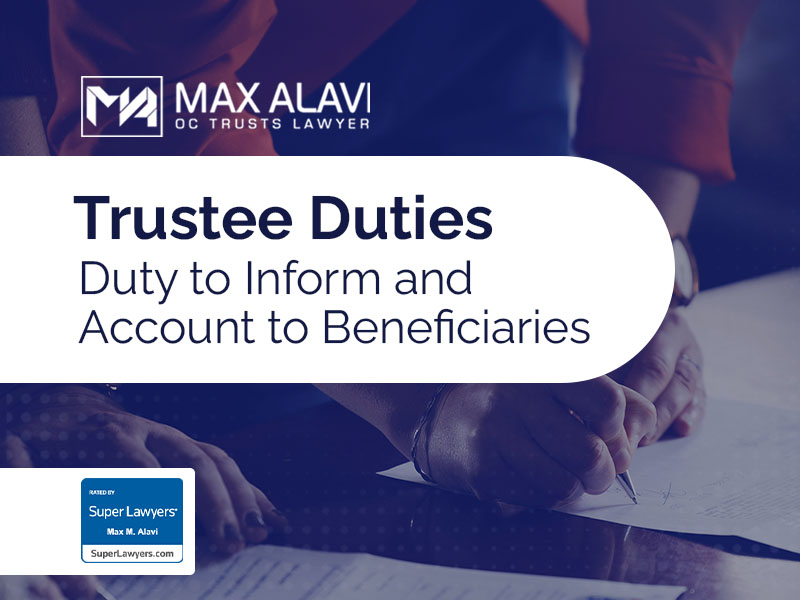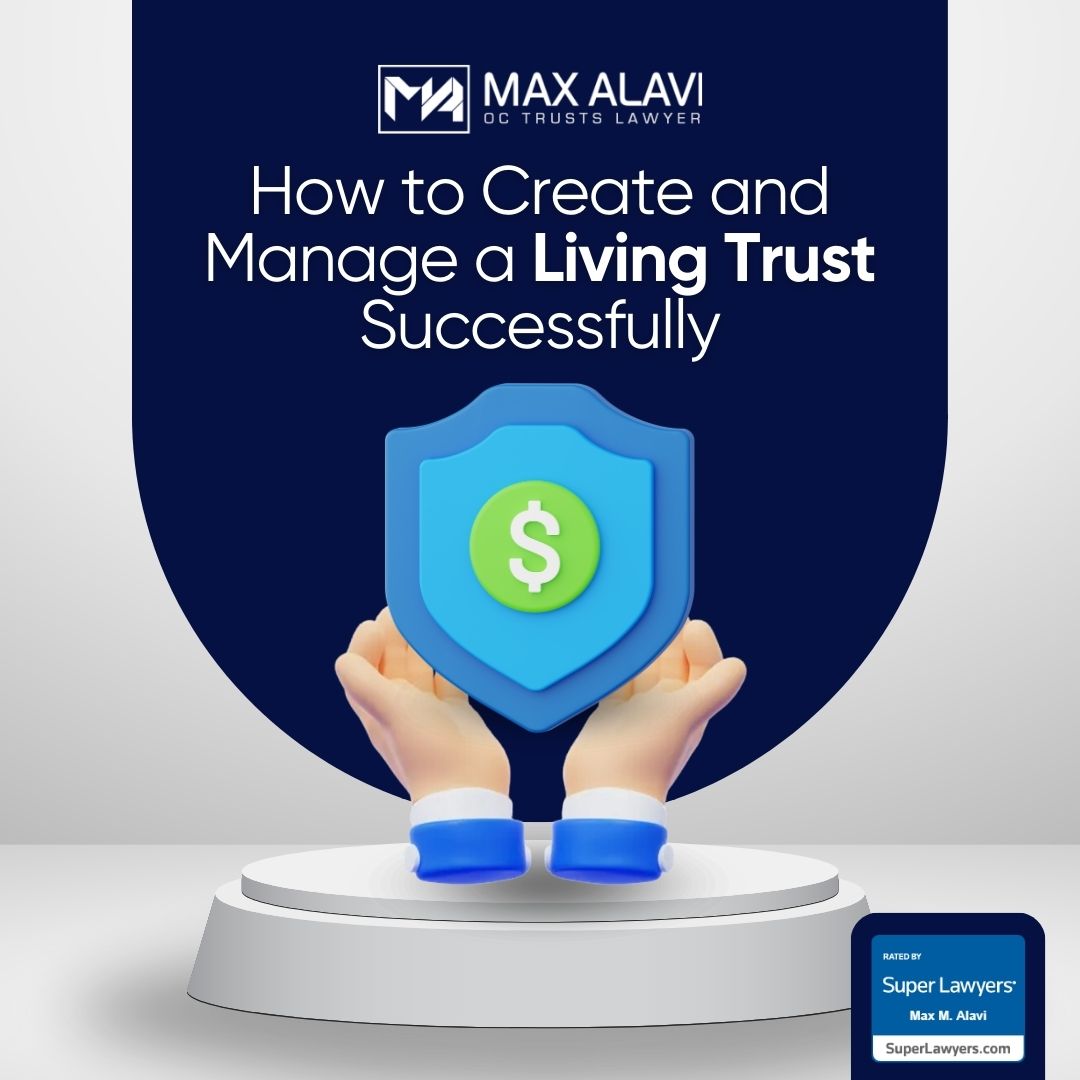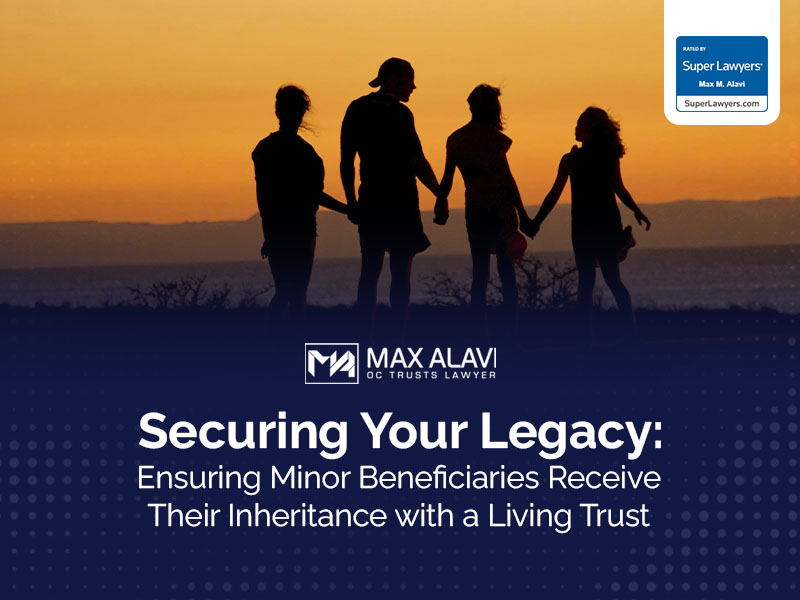If you have questions about a loved one’s wishes as expressed in a will and you are concerned that the will does not correctly reflect the loved one’s wishes and that there may have been undue influence, then please consider the following:
Undue influence occurs when an individual wrongfully persuades another person to grant them all or a portion of their estate. One of the most common ways to invalidate a will is to challenge it based on undue influence.
How to Prove Undue Influence:
In 2014, California updated its laws on undue influence and created a four-factor test to determine if someone was unduly influenced to change their will or trust (Lintz v. Lintz 2014). A factor test means that a judge will consider specific facts to make their judgment. The four factors considered to determine undue influence includes:
- Vulnerability of the Victim: The victim is the person who has been unduly influenced. Vulnerability can be shown in many ways; the most common are diminished physical and mental capacity, isolation, age, and dependence.
- Apparent Authority of the Influencer: The influencer is the person who unduly influenced the victim. Examples of authority can be demonstrated by the status of the influencer: caretaker, family member, or fiduciary (a trusted person with legal responsibilities, like a will executor or trust trustee). Even a spiritual advisor or a handyman can be an influencer.
- Influencer’s Unduly Actions: Unduly actions an influencer takes to coerce a victim to grant them their assets are controlling the victim’s basic needs like sleep, social interactions, medication, and access to information. A lot of times, the influencer intimidates the victim. An act that occurs often is the influencer changing ownership of the victim’s real property, which can be done in secrecy and during inappropriate times and places.
- Equity of the Result: A judge will evaluate the consequence of the undue influence to determine if undue influence was exercised. If undue influence is proved, the documents can be invalidated.
A Case Study:
Undue influence can be a complicated legal case. Take a look at a scenario where the judge canceled a new will because he found that the will was invalid due to undue influence.
In Estate of Burlin v. Felix (2019), the judge invalidated a will codicil by an 87-year-old Robert Burlin that transferred ownership of Burlin’s home to Felix, a handyman, rather than to Burlin’s longtime friends. When Burlin created the will codicil, he had suffered numerous heart attacks, had become increasingly weak and depressed, was under in-home hospice care, and was under the influence of various medications.
In his first few wills, Burlin had left his home to his good and longtime friends. A few years before his passing, Felix began repairing Burlin’s home. Felix soon became closer to Burlin by attending his birthday and Thanksgiving dinners.
Just one day after Burlin was placed under in-home hospice care, Felix visited Burlin and drove him to see a notary to sign and notarize a deed that transferred Burlin’s home to Felix. A few days later, Burlin executed a codicil to his will, which confirmed that Felix would receive the house. Although Felix tried to argue that Burlin prepared the will codicil himself, the judge thought otherwise. Based on Burlin’s terrible physical health and worsening mental health, the fact that Felix quickly and secretly instructed Burlin to sign and notarize the deed, and the fact that Burlin suddenly decided to change his will and give his home to a recent acquaintance rather than to his longtime friends, the judge believed that Felix unduly influenced Burlin. Ultimately, the judge canceled the deed and the will codicil Burlin created under Felix’s undue influence.
As with any legal matter, the time to bring a challenge is limited, and it is best to have the case assessed by a professional before your options are lost. Contact a Skilled Estate Litigation Attorney to Challenge a Will for Undue Influence:
If changes in your loved ones will or trust raise red flags, you should schedule a consultation with the experienced team of attorneys at Max Alavi APC, OC Trusts Lawyer. The firm has been awarded the Super Lawyer designation only to the Top Five Percent of Lawyers in this field. The firm is highly experienced in probate and trust litigation and has dealt with numerous cases that involve challenging a will or trust based on undue influence. With his trustworthy expertise and team of legal professionals specializing in estate litigation, Max Alavi APC, OC Trusts Lawyer, is dedicated to fighting for your legacy. Schedule a consultation today.






